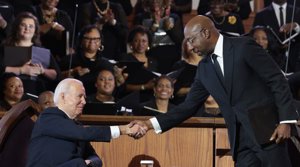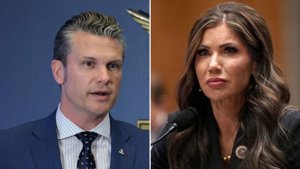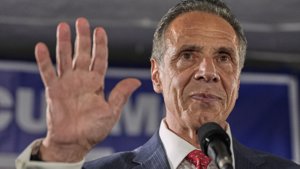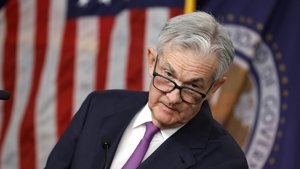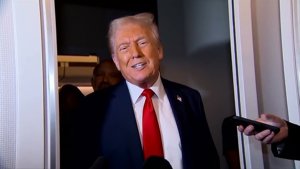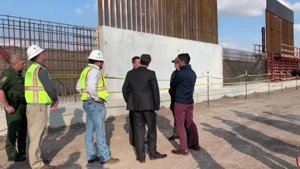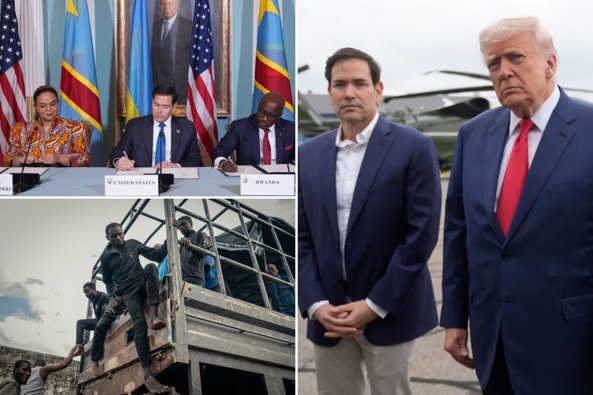
Trump Secures Congo-Rwanda Peace, Nominated for Nobel
Trump and Rubio secure a Congo-Rwanda peace treaty as Pakistan nominates Trump for the 2026 Nobel Peace Prize.
Trump and Rubio Announce African Peace Agreement
President Donald Trump announced Friday that he and Secretary of State Marco Rubio have successfully brokered a peace treaty between the Democratic Republic of the Congo and the Republic of Rwanda, ending decades of conflict between the two African nations. The agreement, described as “wonderful” by Trump, is set to be signed in Washington on Monday, with representatives from both countries in attendance.
“I am very happy to report that I have arranged, along with Secretary of State Marco Rubio, a wonderful Treaty between the Democratic Republic of the Congo, and the Republic of Rwanda, in their War, which was known for violent bloodshed and death, more so even than most other Wars, and has gone on for decades,” Trump stated on Truth Social.
Trump highlighted the significance of the agreement, calling it “a Great Day for Africa and, quite frankly, a Great Day for the World.” He expressed hope that the treaty would bring lasting peace to the region and noted its potential as a model for resolving other longstanding conflicts worldwide.
Pakistan Formally Nominates Trump for Nobel Peace Prize
In a related diplomatic development, the government of Pakistan announced it has officially nominated President Trump for the 2026 Nobel Peace Prize. The nomination, shared via an official statement, cites Trump’s “decisive diplomatic intervention and pivotal leadership during the recent India-Pakistan crisis.” Pakistani leaders praised his “great strategic foresight and stellar statesmanship” in securing a ceasefire and mitigating regional tensions.
“The Government of Pakistan has decided to formally recommend President Donald J. Trump for the 2026 Nobel Peace Prize, in recognition of his decisive diplomatic intervention and pivotal leadership during the recent India-Pakistan crisis,” the government’s post read. Pakistani officials further credited Trump for his offers to mediate the longstanding Jammu and Kashmir dispute, commending his role as a “genuine peacemaker.”
According to the Nobel Prize’s official criteria, national governments, heads of state, and previous laureates are among those eligible to submit nominations. The process remains confidential, with entries due by January 31 each year.
Diplomatic Achievements and Ongoing Controversy
President Trump, while celebrating the peace agreement and Pakistan’s nomination, voiced skepticism about receiving the Nobel recognition. “I won’t get a Nobel Peace Prize for this, I won’t get a Nobel Peace Prize for stopping the War between India and Pakistan, I won’t get a Nobel Peace Prize for stopping the War between Serbia and Kosovo, I won’t get a Nobel Peace Prize for keeping Peace between Egypt and Ethiopia... and I won’t get a Nobel Peace Prize for doing the Abraham Accords in the Middle East,” Trump wrote, adding, “but the people know, and that’s all that matters to me!”
The diplomatic developments come as some international leaders contest Trump’s claims of resolving the India-Pakistan conflict. India’s Foreign Secretary Vikram Misri and Prime Minister Narendra Modi emphasized that any ceasefire agreements were reached directly between India and Pakistan, rejecting assertions of U.S. mediation. “India has not accepted mediation in the past and will never do,” Misri stated.
Despite the controversy, Pakistani officials continue to highlight Trump’s peace efforts in South Asia and the Middle East, expressing hope that his ongoing diplomatic initiatives will support regional and global stability, especially amid ongoing crises such as the humanitarian situation in Gaza and rising tensions involving Iran.
As preparations proceed for the treaty signing in Washington, the international community is watching closely to see whether Trump’s diplomatic efforts will yield lasting peace and how the Nobel nomination will be received within global circles.

